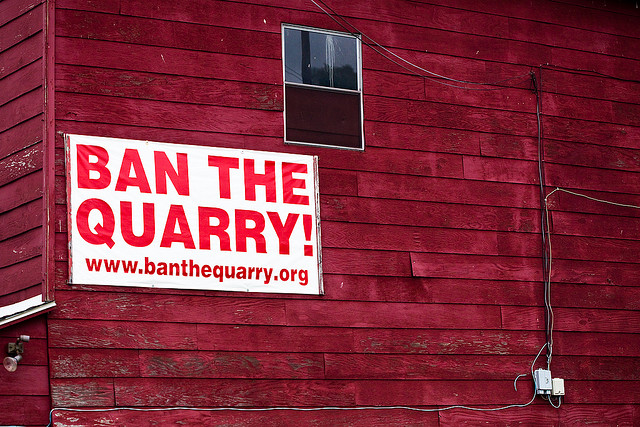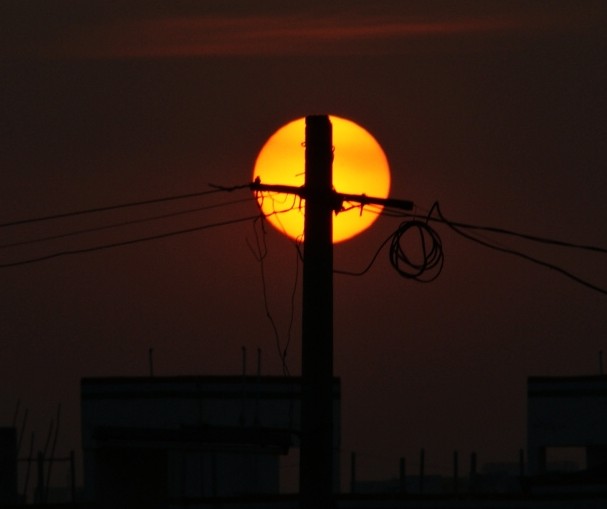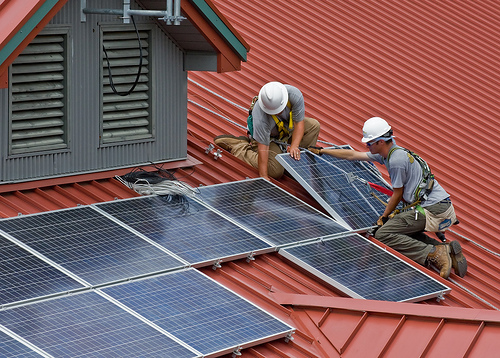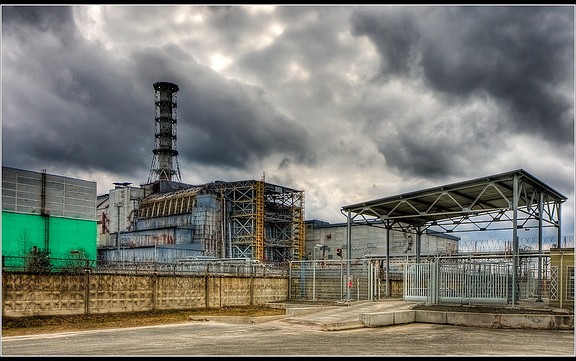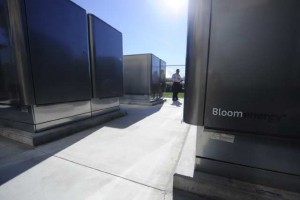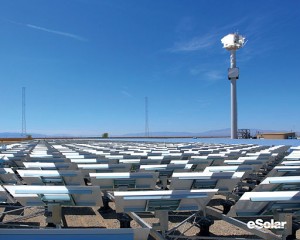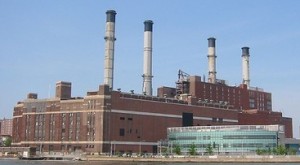Podcast: Play in new window | Download
Subscribe: RSS
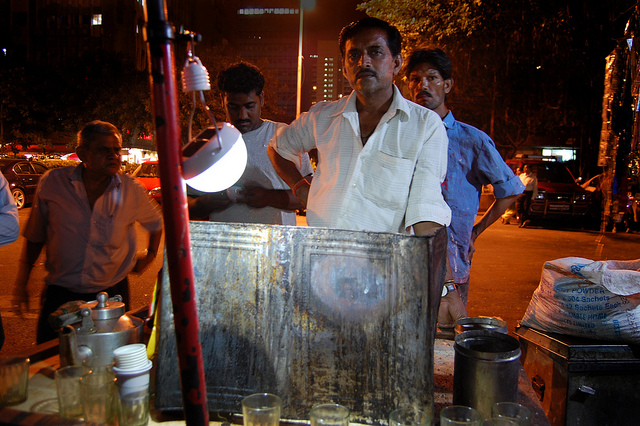
A Mumbai vendor uses a lamp, charged during the day by the solar panel he is holding, to bring business to his stall. Such affordable solar solutions are helping people all over the country deal with an unreliable (and seemingly unfixable) grid. (Photo by Nokero/Flickr)
A tiny village in India offers a lesson to the world: in a country reeling from failures of its grid, shortages of fuel for power generation, daily blackouts and brownouts, the village has power for lights, water pumps, fans, battery-chargers and the like all the time, from an inexhaustible source. Note to anyone interested in surviving the coming crash of the industrial age: listen up. Continue reading
